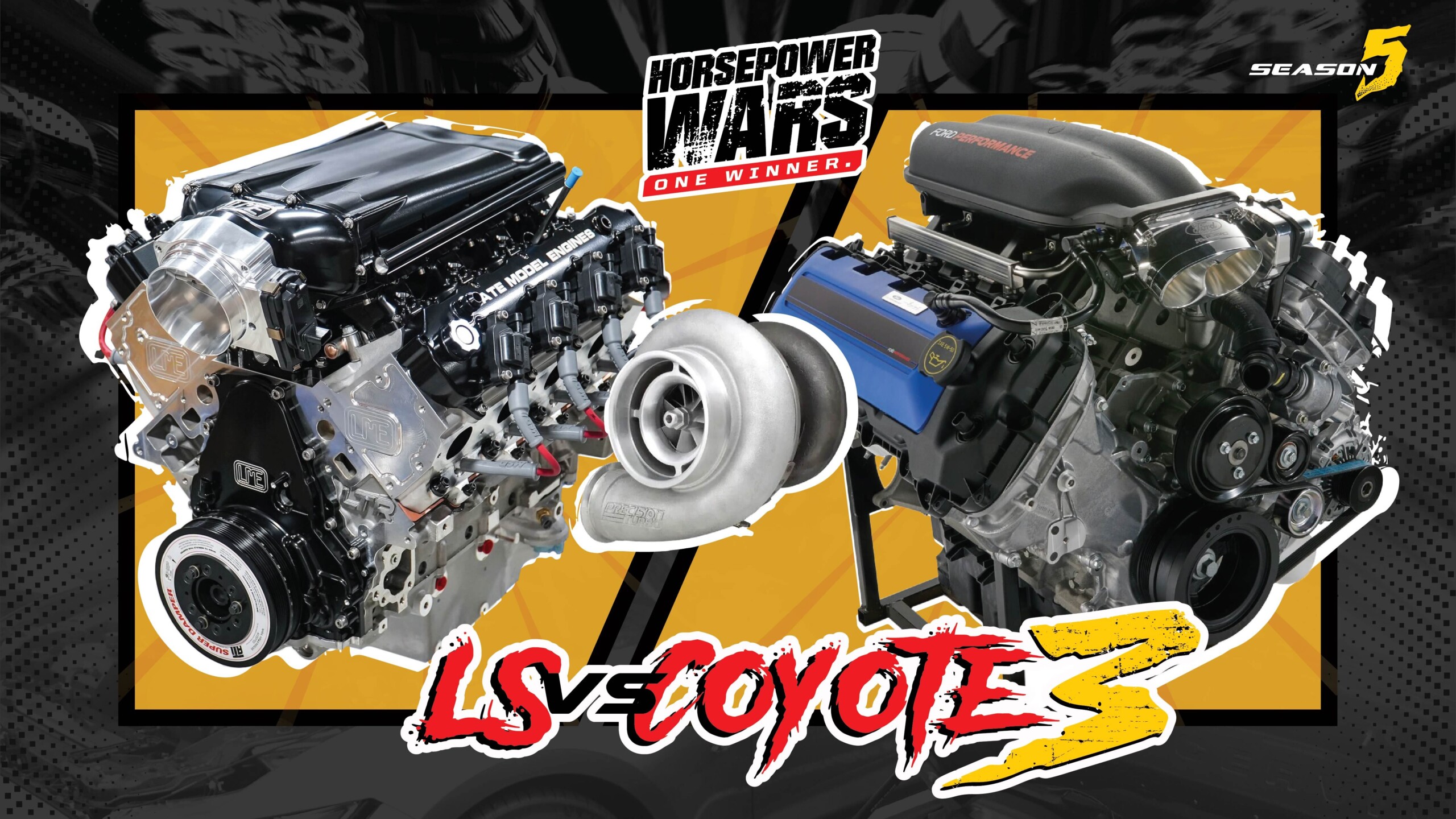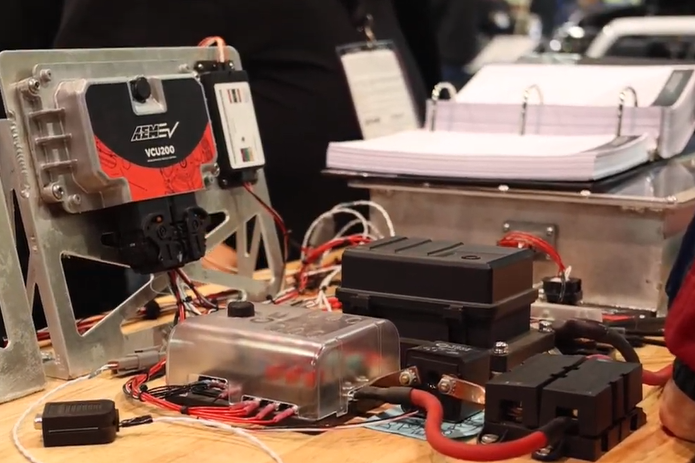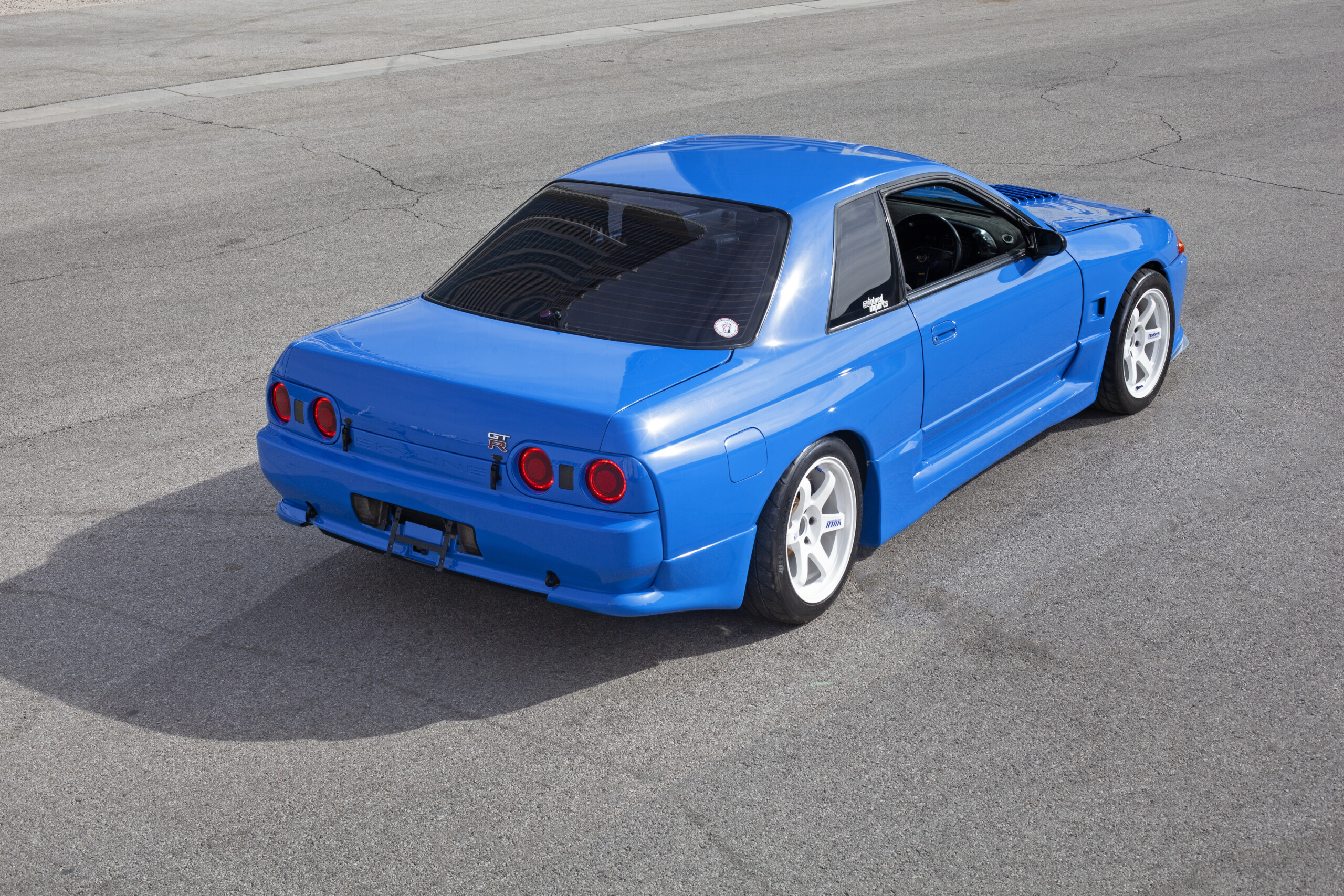There’s a company based in the UK that is electrifying classic Land Rovers, Porsches, and other vehicles to make them more sustainable. It’s becoming an increasingly popular route for extending the life of a classic or beloved car. Also known as “upcycling,” it’s the greenest way to get a new car.
Electrifying Conversion
Everrati, a company based in Upper Heyford, Oxfordshire, is at the forefront of a sustainable automotive revolution. Their innovative approach not only preserves the timeless aesthetics of iconic cars but also aligns them with modern environmental standards, allowing them to enter low-emission zones in city centers.
The process involves removing the original ICE motor and mechanical drivetrains and replacing them with state-of-the-art batteries. Justin Lunny, the founder and chief executive of Everrati, emphasizes the sustainability of this practice, noting that creating a new car generates up to 20 tonnes of CO2, whereas repurposing a car made 60 years ago is significantly more eco-friendly.
Classic Cars Transformed
Everrati’s commitment to sustainability is evident in their latest prototype, a 1964 Mercedes Pagoda. This particular model, once owned by celebrities like John Lennon and Harry Styles, is being meticulously developed in a discreet workshop on a former US Air Force base. Each EV conversion is custom-built to order, with a price tag reflecting the extensive restoration work and technological upgrades required to bring these vintage vehicles up to modern standards.
The company’s first car was built three years ago, and since then, Everrati has put 20 cars on the road, with an additional 12 currently in production across Oxfordshire and California. While the cost of conversion and restoration is steep, with a Pagoda conversion priced around $400K, Lunny believes that the result is a vehicle that will last a lifetime, creating a legacy for future generations.
Everrati’s clientele typically consists of wealthy individuals who appreciate the fusion of classic design and sustainable technology. The company is working on six Land Rovers for a client in Dubai and another in the Hamptons, New York. These bespoke vehicles are a statement of luxury and a testament to the possibilities of upcycling in the automotive industry.
The driving experience of an Everrati-converted EV is unique, blending the charm of a classic car with the performance enhancements of electric power. Although originally these vehicles lacked modern creature comforts, they are upgraded with air conditioning, seat belts and modern brakes to meet the demands of today’s clients. With a steep price tag, Everrati’s market remains niche, primarily catering to customers in North America and the Middle East.
The Future Is Bright
Looking ahead, Lunny envisions scaling up production to 100 cars per year with his team of 20 staff members. Beyond that, Everrati aims to sell its bespoke battery and drivetrain technology to other car manufacturers, potentially broadening the impact of its sustainable vision.
As the world grapples with environmental challenges, companies like Everrati are redefining luxury and sustainability. By breathing new life into classic cars, the company is not only preserving automotive heritage but also contributing to a greener future. Everrati’s story is a great example of how innovation and passion can drive positive change in an industry often slagged for its environmental footprint.
















